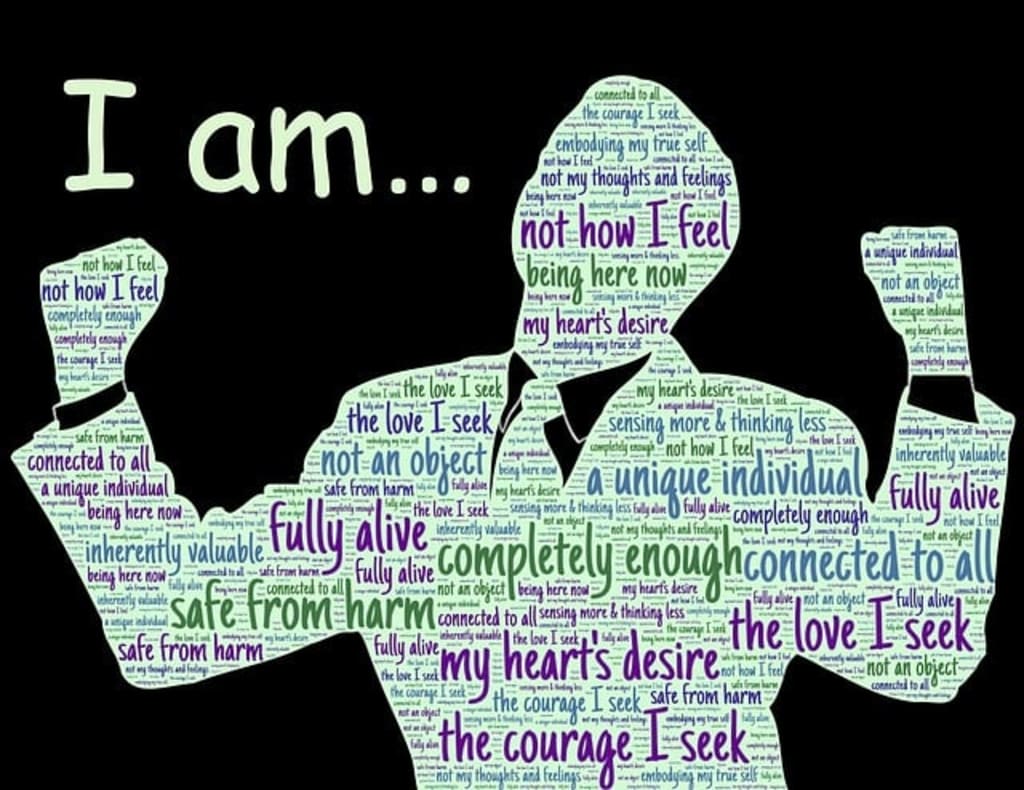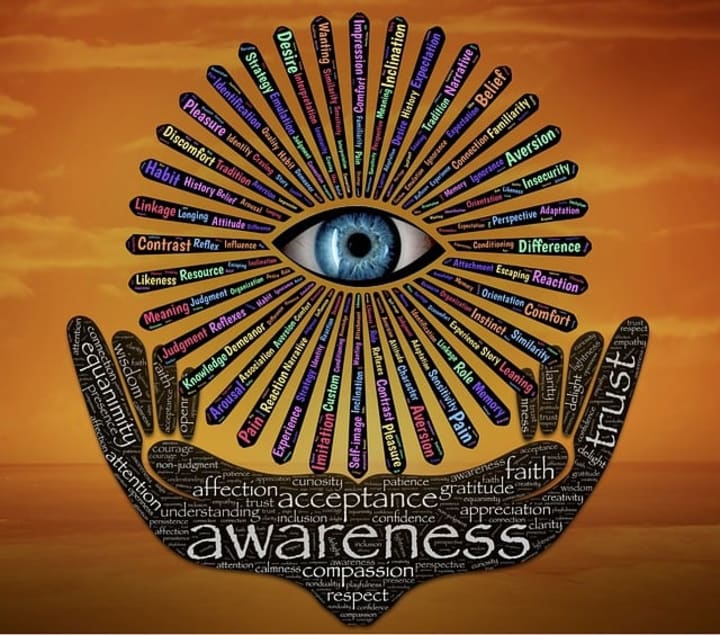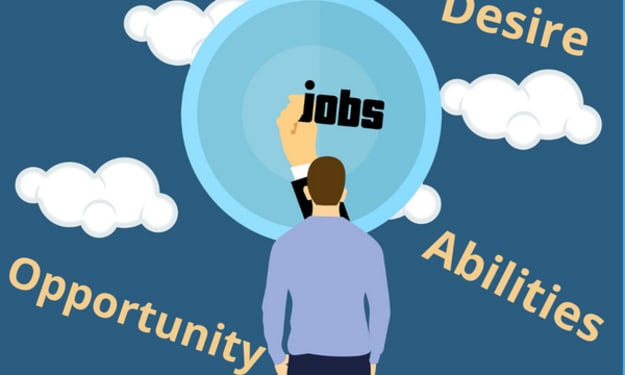Self-Awareness:Very Few People Had Not This Skill
“Research shows that although 95% of people think they are self-aware, only 10% to 15% actually know that.”

This is the number one skill that the VP of Google for 10 years has looked for in job interviews
Are you wondering what this important skill is for your success in your career?
The answer: It is self-awareness.
Yes, self-awareness is a skill that most people do not possess, according to the vice president of Google.
“Research shows that although 95% of people think they are self-aware, only 10% to 15% actually know that.”
1-Importance of self-awareness for success at work
In a study by the Korn Ferry Institute, executives who scored high on self-awareness were more likely to be successful leaders and have higher levels of overall job performance.
A survey by the Harvard Business Review found that 95% of leaders who were identified as self-aware were rated as highly effective by their colleagues, compared to only 2% of leaders who were identified as lacking self-awareness.
A survey by the University of Phoenix found that 59% of hiring managers believe that self-awareness is the most important leadership trait, followed by communication skills and adaptability.
In a study by TalentSmart, researchers found that 83% of high-performing employees had high levels of self-awareness, compared to only 2% of low-performing employees.
It is clear that individuals who are self-aware are more likely to be effective leaders, have higher levels of overall job performance, and be successful in their careers.
You may now be wondering about:
What is self awareness?
How to build self-awareness?
To know more, keep reading with us.
2-What is self awareness
Self-awareness refers to the ability to understand and be aware of one's thoughts, emotions, behaviors, and characteristics. It involves being aware of one's strengths and weaknesses, values and beliefs, and how one's actions affect others.
Self-awareness is a key component of emotional intelligence, which is the ability to recognize, understand, and manage the emotions of others. It is also essential for personal growth and development, as it allows individuals to identify areas for improvement and make necessary changes.
Self-awareness can be developed through self-reflection, mindfulness, and feedback from others. It is a lifelong process, and individuals can continue to improve their self-awareness throughout their lives.
3-How to build self-awareness
Building self-awareness is a process that takes time and effort. By practicing self-reflection, seeking feedback, practicing mindfulness, taking assessments, paying attention to your triggers, and engaging in self-development, you can become more self-aware and improve your performance in all areas of your life.

Here some steps for building self-awareness:
Practice self-reflection: Set aside time each day to reflect on your thoughts, emotions, and behavior. Ask yourself questions such as "What are my strengths and weaknesses?", "What motivates me?", and "How do I react to stress?" Consider keeping a journal to record your reflections and track your progress.
Seek feedback: Ask trusted colleagues, friends, or family members for feedback on your behavior and communication style. Be open to constructive criticism and use it as an opportunity for growth. Remember to express gratitude for the feedback and to take action on it.
Practice mindfulness: Mindfulness practices, such as meditation, yoga, or deep breathing exercises, can help you become more aware of your thoughts, emotions, and physical sensations. This can help you better understand your internal experiences and how they impact your behavior.
Take personality and strengths assessments: Assessments like the Myers-Briggs Type Indicator, the Big Five Personality Traits, or the StrengthsFinder can provide insight into your personality, values, and strengths. Use this information to understand your preferences, motivations, and areas for improvement.
Pay attention to your triggers: Identify situations or people that trigger strong emotions or negative reactions. Practice noticing your automatic thoughts and responses in these situations, and try to reframe them in a more positive or constructive way. Use this awareness to develop coping strategies and improve your emotional regulation.
Engage in self-development: Read books, attend workshops, or work with a coach to develop self-awareness and other skills. Seek out opportunities for growth and learning, and make a commitment to ongoing personal and professional development.
Self-awareness helps individuals identify their triggers and emotional responses, allowing them to manage conflicts more effectively. They can stay calm, focused, and objective during conflicts, leading to better outcomes.






Comments
There are no comments for this story
Be the first to respond and start the conversation.